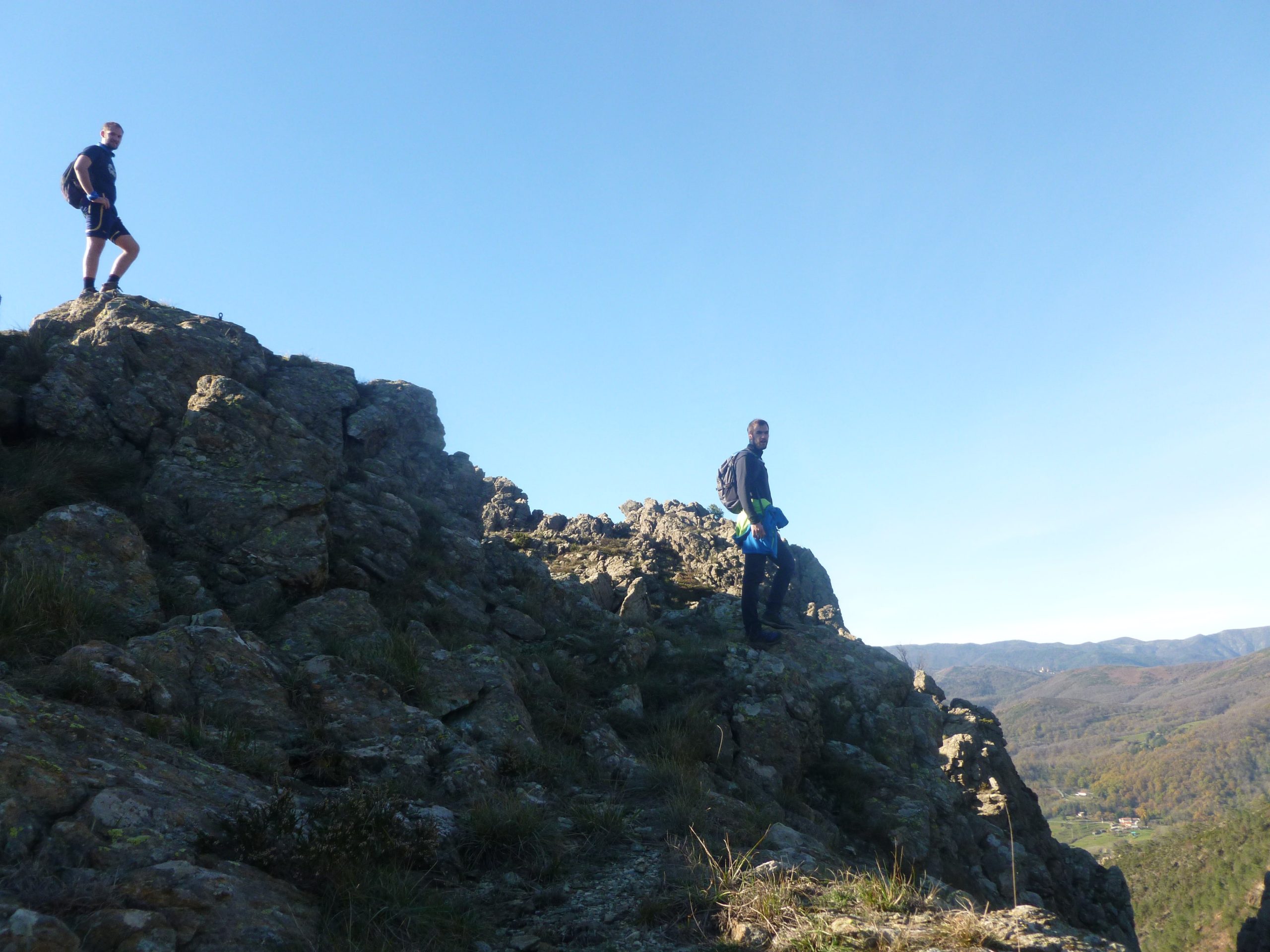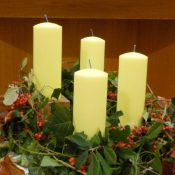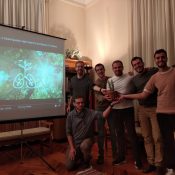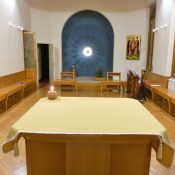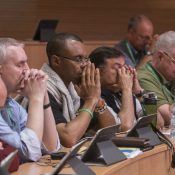 The Jesuits preach the Word and lead exercises, celebrate the Eucharist and reconcile those who repent, walk with the least and the excluded, repair relationships, accompany young people, protect the creation, work in schools, prisons, hospitals, compose songs, they study the universe, they carry out all the works that seem useful to the glory of God and the common good… and, in doing so, they pray.
The Jesuits preach the Word and lead exercises, celebrate the Eucharist and reconcile those who repent, walk with the least and the excluded, repair relationships, accompany young people, protect the creation, work in schools, prisons, hospitals, compose songs, they study the universe, they carry out all the works that seem useful to the glory of God and the common good… and, in doing so, they pray.
It is not easy: in the flow of events we struggle to grasp their spiritual meaning, immersed in work and relationships we rarely preserve the interior silence of eternal light in which God lives. This is why we begin the journey along the ways of the world in the quiet of the novitiate.
God called us, in a murmur of light breeze (1 Kings 19.12), to speak to our hearts.
Here the Father welcomes us and guards us, He embraces us, we whisper “Abba…”. The closer and united we become to the Creator, the more we receive His love and grace.
Here the Son saves us from the cold and gloomy boredom of an existence spent on myself, it is no longer I who live, but Christ lives in me. (Gal 2.20), He unites us intimately to the desire to save every creature, to be sent into the world with a meek and humble heart, free and generous for every lost brother and sister.
Here the Spirit gives us faith, hope and love, in us flourish both the adoration and the commitment to the world.
Here we enter the mystery, in the intimacy with the Person. Whoever listens to His Word can also perceive His silence, so as to act through His Word and be recognized through His silence; our heart becomes altar of an incessant prayer, our life a living, holy, pleasing offering to God (Rom 12.1).
In the whirlwind of the days this interior silence allows us to remain in His presence and to see Him in all things.
Now the life that blooms, the radiant sun on our skin, the purity of the water between our fingers, the vigorous wind on our face resonate in us in praise.
The rejoicing with those who are in joy, the sadness with those who are in tears (Rom 12.15), the listening and welcoming, living and concrete love for each person, for the whole person resonate in us in serving.
Participating in the hopes and struggles of humankind, we live the desire for His Kingdom to come, for His will to be done.
For every gesture of kindness, for the beauty of every smile, for every glimpse of truth, for every free choice we can give thanks.
For every brother and sister, for those we meet, for those we help, for those who help us, for those who oppose us we can intercede.
For every selfishness, for every indifference, for every closure we can repent.
In the reality that challenges us we can listen and discern, ready and available to the signs of the Spirit.
What previously averted and distracted us is now the horizon in which we can seek and find God: our monastery is the world.
(Whoever wants to join the Company) Also make sure to have God before his eyes as long as he live, before anything else [Formula Instituti]

